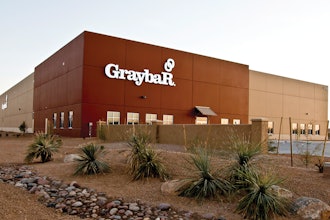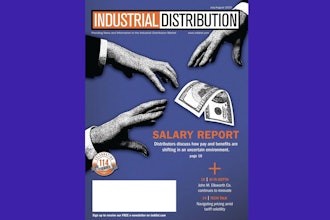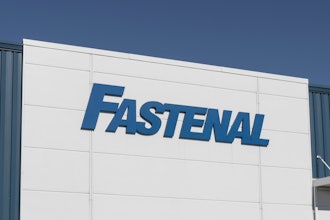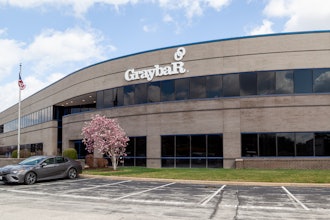What if you lost $750,000 failing to negotiate the right salary?
According to a recent article in Southwest: The Magazine, failing to negotiate on your initial salary costs you a lot of money in the long run. For example, by negotiating an extra $5,000 on your starting salary of $40,000, you could make an extra $750,000 throughout your entire career. The initial salary is the starting point from which every subsequent raise is determined. Failing to negotiate the right salary has compounding effects on future raises.
Now imagine the compounded effects of failing to hold the line on price. Just as your initial salary is the starting point, so is your initial price. By discounting, you set an expectation of future discounts. Before your next discount, consider the long-term, compounded impact on profitability.
For example, to win a new customer, you decide to discount 5 percent from your initial offer. This new customer then expects a 5 percent discount moving forward. The initial discount has a compounding effect that impacts the long-term profitability of the business. Every discount is pure profit no longer realized by your company. With less profit, the customer becomes less and less profitable. Finally, your organization can no longer profitably support the customer. Do you really want this type of customer to be the foundation of your business?
In Value-Added Selling, we teach salespeople to stretch the buyer’s time horizon. By stretching the time horizon, buyers focus on what they gain, not what they sacrifice. When buyers look long term they focus on value, not price.
Like buyers, salespeople also need to look into the future. Salespeople need to stretch their own time horizon and ask themselves, “What are the long-term effects of caving in on this request?” Also, “Beyond price, what are other concessions we can make?” and, “How can we bundle in more value?” Regardless of the scenario, consider the impact today’s discount has on tomorrow’s profitability.
Remember your last salary negotiation? You were prepared and did your research. You made a list of reasons why you’re worth more. Then you role-played and practiced. What if you managed price objections with the same preparedness and tenacity that you negotiate your salary?
Paul Reilly is president of Reilly Sales Training. Reilly Sales Training is a St. Louis-based, privately owned company that specializes in training sales professionals, sales managers, and service professionals. Reilly Sales Training offers public seminars, in-house sales training programs, and hiring and training assessments. For additional information on our training programs call or e-mail Paul at 636-778-0175 or [email protected].























